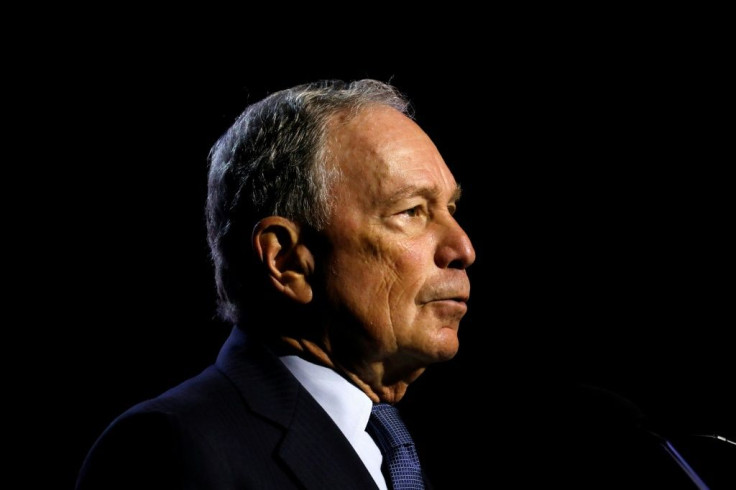Bloomberg's Greatest Barrier To The White House Could Be Fellow Democrats

Former New York Mayor Michael Bloomberg officially threw his hat into the ring for the Democratic presidential nominee in November, adding to the ever increasing field of potential Trump opponents in 2020. However, before Bloomberg can make a bid for the White House, he will have to surmount his biggest hurdle to the presidency: his fellow Democrats.
So far, the field of Democratic nominees has been largely characterized by cordiality, no doubt in an effort to draw a contrast from President Donald Trump’s frequently contentious rhetoric. That’s beginning to change, though, with Bloomberg entering the primary contest.
Sen. Bernie Sanders (I-Vt.) was among the first to lambaste Bloomberg for entering the race, accusing him of using his enormous wealth to “buy an election” and helping to “undermine” American democracy in the process.
Chiming in on Sanders’ criticism of Bloomberg, Sen. Elizabeth Warren (D-Mass.) said the former mayor is “making a bet about democracy in 2020; he doesn’t need people, he only needs bags and bags of money” during a public appearance in Iowa last month. Warren said Bloomberg “plans to buy a nomination in the Democratic Party.”
Although a relatively new addition to the Democratic field, Bloomberg is on a path to outspending his peers in campaign advertising. The former mayor has spent $30 million on television ad spots alone.
Both Sanders and Warren have also criticized Bloomberg for his lack of groundroots support.
Former Vice President Joe Biden, speaking on Bloomberg’s candidacy, however, appears less concerned about facing another opponent in his bid for the presidential nomination. “Michael is a solid guy and let’s see where this goes. I have no, no problem with him getting into the race,” said Biden, who assured his supporters that his lead in national polling should reassure them Bloomberg is no threat to his campaign.
South Bend Mayor Pete Buttigieg, speaking before Bloomberg announced his intent to join the Democratic nominee field, also appeared unconcerned about the possibility of another rival: “There's been something like 25 people now running for president, so as a campaign, I think our focus has to continue to be on our message.”
Bloomberg also faces heavy criticism over his conservative past. Until 2001, he was a member of the Democratic Party before moving to the Republican Party during his campaign for mayor of New York City. During his reelection campaign in 2013, Bloomberg successfully ran as an independent. Critics have also been swift to point out controversial policies under his three consecutive mayoral terms, including the use of “stop and frisk” by law enforcement.
The latest polling indicates Bloomberg is currently ranked fifth, edging out Sen. Kamala Harris (D-Calif.) who is now polling at sixth place.
© Copyright IBTimes 2024. All rights reserved.





















